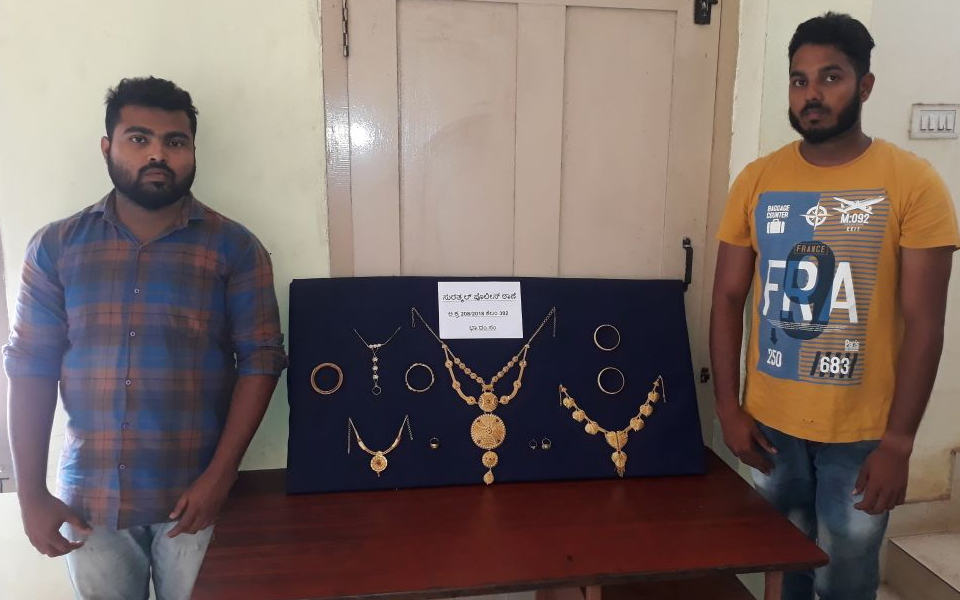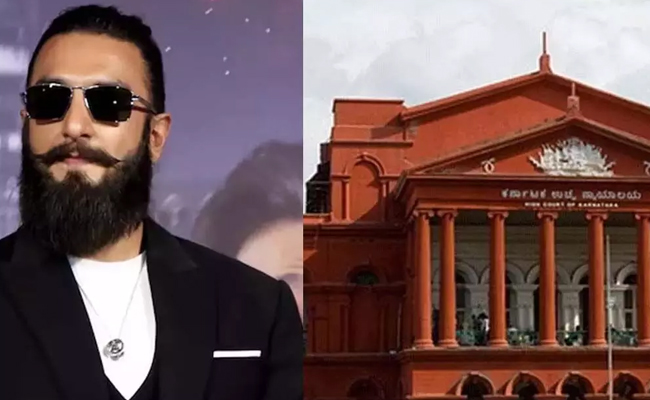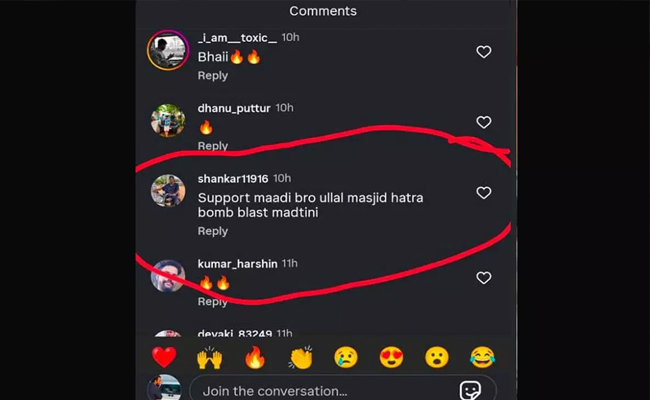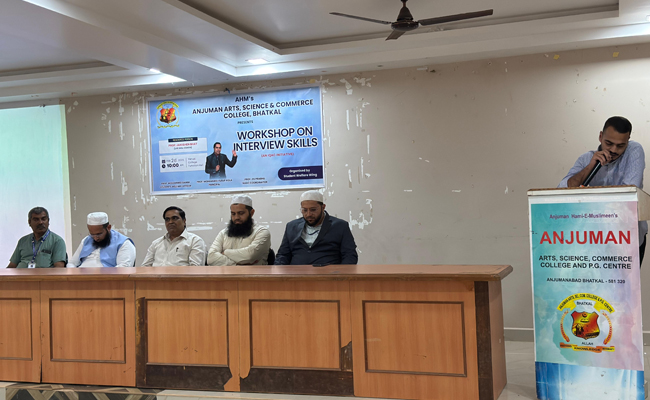Mangaluru, Sep.5: Surathkal police arrested two persons near Thokkottu Kallapu in connection with robbery of a handbag with gold jewelries.
The arrested have been identified as Mohammed Salman (26), a resident of Kudroli and Husain Tanveer (28) from B.C Road Kaikamba in Bantwal taluk.
Police seized gold ornaments worth Rs. 8.5 lakh, two wheeler worth Rs. 50,000 and a car valued around Rs. 2.5 lakh. The total value of seized items is estimated around Rs. 11.50 lakhs.
Police said that on August 26 a lady from Bajpe had visited her relative in Surathkal Chokkabettu. While returning she had gone to Mallamar beach and she had kept all the jewelries in the handbag.
On noticing lonely lady in the beach the accused attacked her from behind and fled away with her handbag. A case was filed at Surathkal police station.
Surathkal police station inspector Ramakrishna K.G and other police personnel took part in the operation under the direction of Assistant commissioner of police, Mangaluru north sub division, Rajendra D.S.
Let the Truth be known. If you read VB and like VB, please be a VB Supporter and Help us deliver the Truth to one and all.
Bengaluru (PTI): The Karnataka High Court on Monday extended the interim relief given to Bollywood actor Ranveer Singh till March 9, in a case related to mimicking a character from the movie, 'Kantara Chapter-1', and allegedly mocking a deity.
The actor had approached the High Court seeking the quashing of the FIR against him for mimicking Rishab Shetty's role as 'Chavunda' deity in the movie.
While mimicking, Singh had called the deity a "ghost". The actor was asked to appear before the court in person on Monday.
Appearing on behalf of the actor, his counsel Sajjan Poovayya said Singh was stuck in London and was unable to reach Bengaluru due to the conflict in West Asia.
The complainant, who is a lawyer, alleged that his religious sentiments were hurt by calling the deity a ghost. On the directions of a local Court, the police registered a case against the actor.
The High Court on February 24 granted interim relief to the actor with directions to the police not to take any coercive steps against him.





